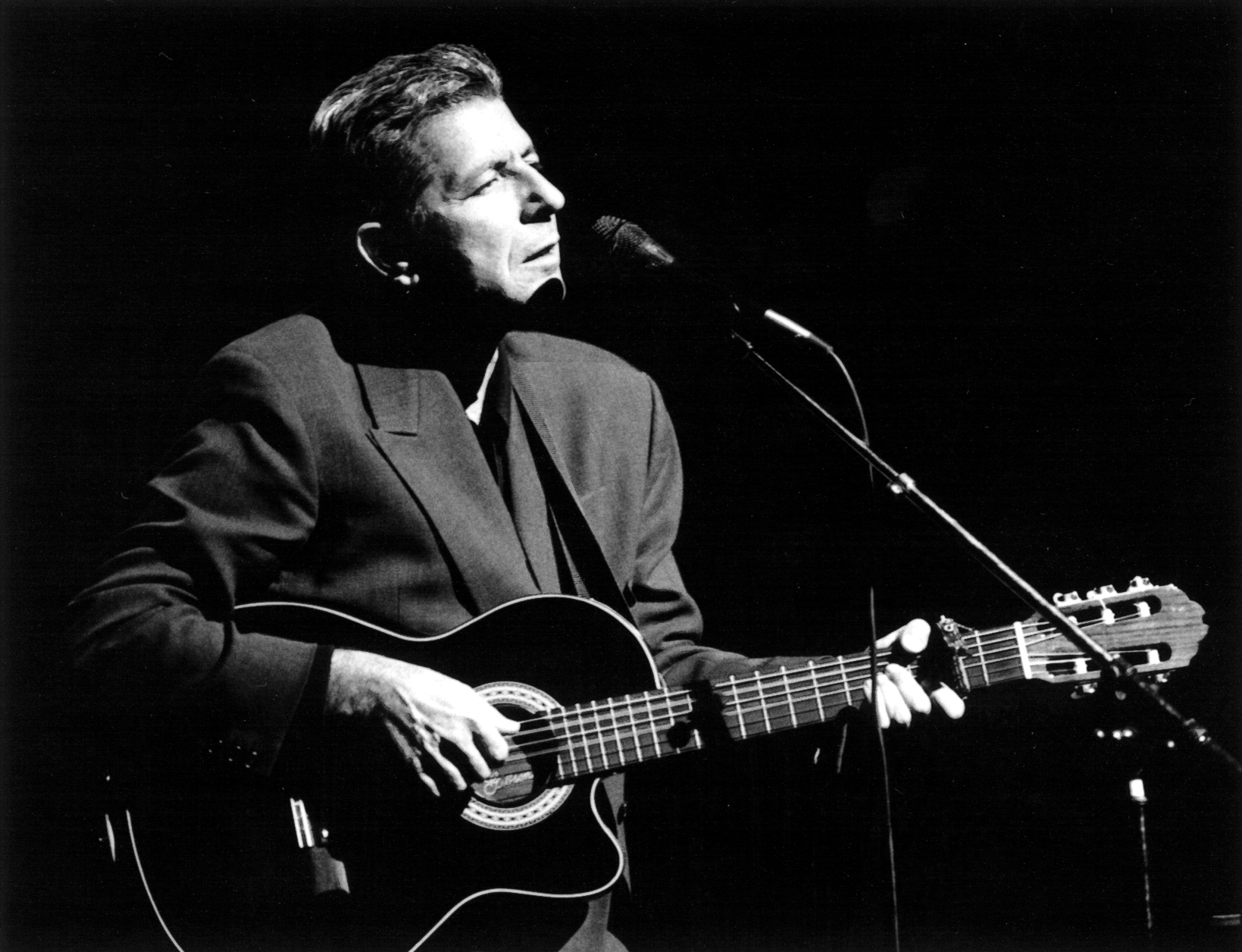Article
Folk Music
Few countries possess a folk music as rich and culturally varied as Canada's. Traditional folk music of European origin has been present in Canada since the arrival of the first French and British settlers in the 16th and 17th centuries (see Folk Music, Anglo-Canadian; Folk music, Franco-Canadian).







